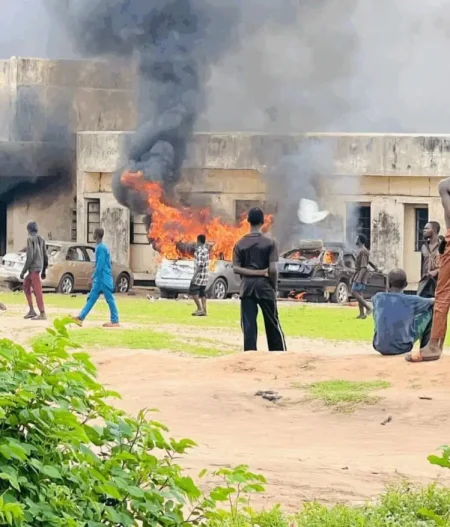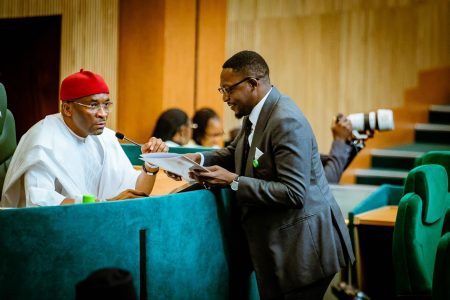A new federal university dedicated to the promotion of Nigerian languages and cultures is one step closer to reality following the passage of a bill for its establishment during a first reading in the House of Representatives. The bill, which seeks to create the Bola Ahmed Tinubu Federal University of Nigerian Languages, was sponsored by Deputy Speaker Benjamin Kalu and eight other lawmakers. It is aimed at advancing the study, teaching, and professional development of Nigeria’s rich linguistic heritage.
According to the bill, the proposed university will offer a range of academic and professional programs, including diplomas, first degrees, and postgraduate qualifications, with a strong focus on Nigerian languages and cultural studies. The institution will also play a crucial role in producing skilled professionals capable of using Nigerian languages to promote national development.
The university’s mandate extends beyond teaching, as it will act as a center for research and innovation, contributing to the effective use of Nigeria’s natural, economic, and human resources. It will foster partnerships with other national institutions involved in the development of Nigerian languages and cultures, and provide outreach programs, continuing education, and in-service training to further support linguistic and cultural preservation.
Additionally, the bill outlines the university’s role in consultancy services, community engagement, and research aimed at strengthening Nigerian languages. The President, who will serve as the Visitor to the university, will have oversight powers, including the authority to conduct periodic visitations and remove council members on the grounds of misconduct or incompetence, with the exception of the pro-chancellor and vice-chancellor.
The bill will undergo a second reading in the coming weeks, followed by a public hearing to gather input from stakeholders as the legislative process continues. If established, this university will become a key institution in preserving and promoting Nigeria’s diverse linguistic landscape for future generations.



![Man is not built to sexually be with one woman’ – 2Face Idibia [VIDEO]](https://kwaraexpress.com/wp-content/uploads/2025/07/IMG_2094-259x300.jpeg)
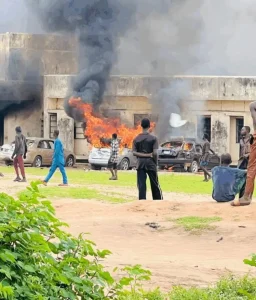
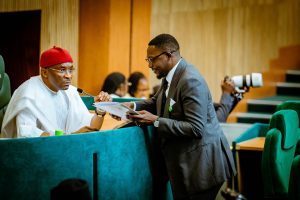
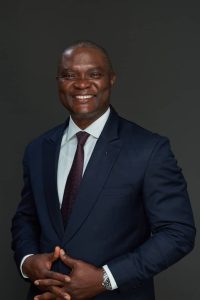




![Man is not built to sexually be with one woman’ – 2Face Idibia [VIDEO]](https://kwaraexpress.com/wp-content/uploads/2025/07/IMG_2094-450x522.jpeg)
